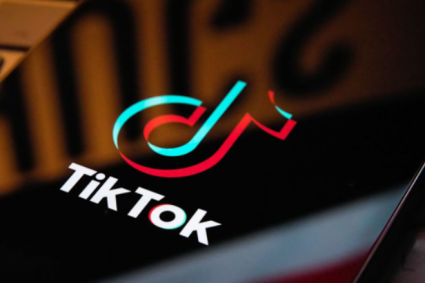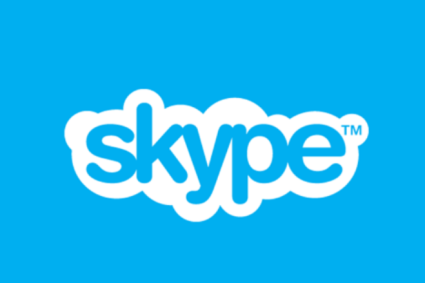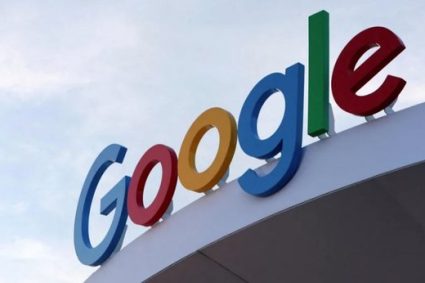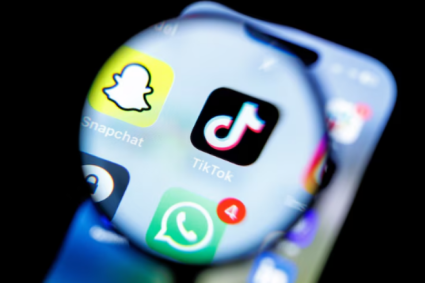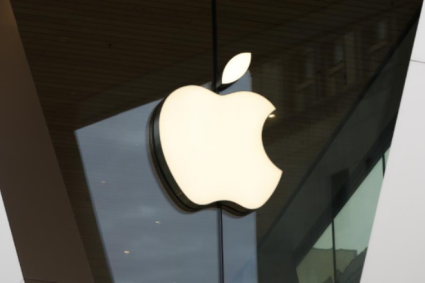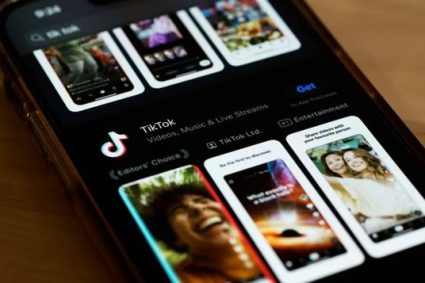
The New York Times has filed a federal lawsuit against OpenAI and Microsoft, seeking to stop these companies from using its content to train chatbots.
In the lawsuit filed Dec. 27 in a Manhattan, New York court, The New York Times newspaper said OpenAI and Microsoft are advancing their technology “by illegally using the newspaper’s work to create artificial intelligence products with it.” , which “threatens The Times’ ability to provide that service.”
OpenAI and Microsoft have yet to comment on the matter.
Media organizations have been hit by the movement of readers to online platforms, and while many publications have been created in the digital online space, artificial intelligence has threatened to upend many industries, including media.
Artificial intelligence companies take information that is accessible online, including articles published by media organizations, and use this information to train AI-generating chatbots.
These companies have attracted billions of dollars in investment over a short period of time.
The Times did not list what compensation it is seeking, but said the legal action “is to hold them [the companies] responsible for billions of dollars in statutory and other damages due to the illegal copying and use of the unique and valuable work of The Times”.
In the lawsuit, The Times said Microsoft and OpenAi “seek to take advantage of The Times’ massive investments in journalism,” using them to build products without permission or payment.

In July, Open AI and The Associated Press announced a deal under which the artificial intelligence company would acquire the license to use the AP’s news archive.
However, The New York Times said it has never given permission to anyone to use its content for the purpose of AI-generated content.
The lawsuit also comes after the termination of talks between the newspaper and these two companies.

The Times said it contacted Microsoft and OpenAI in April to express concerns about the use of its intellectual property, and talks aimed to resolve the issue.
During the talks, the newspaper said it intended to “accept a fair price” for the use of its content.
“These negotiations did not lead to a settlement,” the lawsuit said.
👁️[WPPV-TOTAL-VIEWS]



